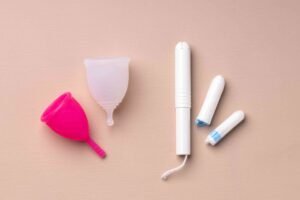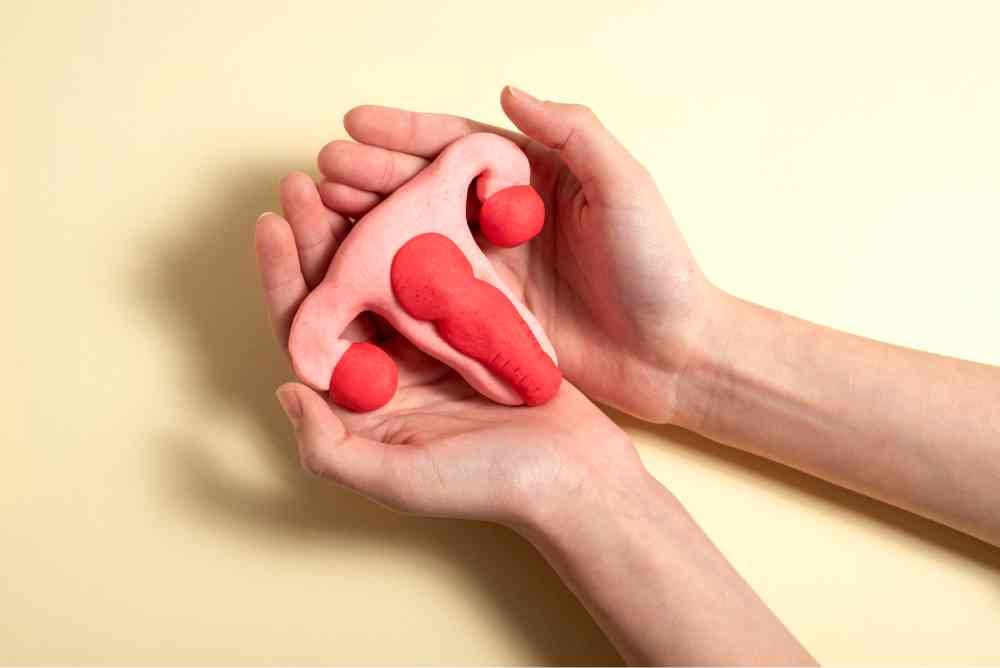Vaginal Health: Dos and Don’ts for Optimal Hygiene
When it comes to maintaining your overall well-being, vaginal health is an essential yet often overlooked aspect of self-care. Your vagina is a delicate and self-regulating organ that requires attention and care to stay healthy. While it’s natural to have questions about what’s best, the good news is that keeping things balanced doesn’t have to be complicated.
In this blog, we’ll dive into the dos and don’ts for optimal vaginal hygiene, debunk myths, and offer practical tips to keep your intimate health on track. Think of this as a candid conversation with a friend—judgment-free and full of helpful advice.
Understanding Vaginal Health
Before we talk about the dos and don’ts, let’s take a moment to understand what vaginal health really means. A healthy vagina has a balanced pH level, typically between 3.8 and 4.5, which creates a slightly acidic environment to prevent infections. This balance is maintained by beneficial bacteria, particularly lactobacilli, which act as a natural defense mechanism.
When this balance is disrupted—whether by products, lifestyle choices, or infections—you may experience discomfort, odor, or other symptoms. Maintaining vaginal health isn’t just about hygiene; it’s about supporting the natural processes your body already has in place.
The Dos for Optimal Vaginal Hygiene
1. Keep It Simple
Your vagina is self-cleaning, and most of the cleaning happens internally. For external care, use warm water and, if needed, a mild, unscented soap. Overdoing it with harsh cleansers or scented products can disrupt the natural balance, leading to irritation.
2. Choose Breathable Fabrics
Wearing cotton underwear is one of the simplest ways to support vaginal health. Cotton allows for better air circulation and helps wick away moisture, reducing the risk of infections. Avoid tight-fitting underwear or synthetic fabrics that trap heat and moisture.
3. Practice Good Menstrual Hygiene
During your period, change your sanitary products regularly—tampons and pads every 4-6 hours and menstrual cups as directed. Keeping the area clean and dry is crucial during menstruation to prevent bacteria from building up.

4. Stay Hydrated
Drinking plenty of water isn’t just good for your skin and overall health—it also helps maintain moisture levels in your vaginal tissues. Hydration plays a role in preventing dryness and discomfort.
5. See Your Gynecologist Regularly
Routine check-ups with a gynecologist are essential for maintaining vaginal health. Even if you feel fine, these visits can help catch any potential issues early, from infections to more serious conditions like cervical cancer.
6. Use Protection
Safe sex practices, like using condoms, reduce the risk of sexually transmitted infections (STIs) that can disrupt your vaginal environment. Regular STI testing is another important part of sexual health.
7. Eat a Balanced Diet
Your diet can influence your vaginal health. Foods rich in probiotics, like yogurt, kefir, and fermented vegetables, can help maintain healthy bacterial levels. Staying away from excessive sugar and processed foods is also a good idea, as they can encourage yeast overgrowth.

The Don’ts for Vaginal Health
1. Don’t Douche
One of the most common misconceptions is that douching is necessary for cleanliness. In reality, douching disrupts the vagina’s natural pH balance and removes healthy bacteria, increasing the risk of infections like bacterial vaginosis.
2. Avoid Scented Products
Scented soaps, wipes, sprays, and even tampons can irritate sensitive skin and disrupt the natural flora. Stick to unscented products for a healthier approach.
3. Don’t Ignore Unusual Symptoms
Unusual discharge, itching, burning, or a strong odor can be signs that something isn’t right. Don’t brush these off as minor inconveniences. Consulting a healthcare professional can provide clarity and treatment if needed.

4. Avoid Wearing Wet Clothes for Long Periods
Whether it’s a swimsuit, workout clothes, or damp underwear, staying in wet fabrics for too long creates a breeding ground for bacteria. Change into dry clothing as soon as possible after swimming or exercising.
5. Limit Use of Antibiotics
While antibiotics are sometimes necessary, they can disrupt the bacterial balance in your body, including in your vagina. If you’re prescribed antibiotics, consider incorporating probiotic-rich foods or supplements to help maintain balance.
6. Don’t Overwash
Excessive washing or scrubbing can strip away natural oils and disrupt the pH balance, leading to irritation or dryness. Gentle care is key.
7. Say No to Harsh Hair Removal Methods
If you prefer to remove pubic hair, opt for gentle methods that won’t irritate your skin. Avoid using harsh chemicals or shaving without proper lubrication, as these can cause microtears and increase the risk of infections.
Vaginal Health Myths Debunked
Myth 1: You need to smell like flowers to be clean.
Fact: A healthy vagina has a natural, mild scent. Using scented products can do more harm than good.
Myth 2: Discharge is always a sign of a problem.
Fact: Discharge is normal and an important part of vaginal health. The amount and consistency can vary with your menstrual cycle. However, unusual changes in color, odor, or texture warrant a doctor’s visit.
Myth 3: Only people with active sex lives need to worry about vaginal health.
Fact: Vaginal health is important for everyone, regardless of sexual activity. Hormonal changes, hygiene habits, and even stress can affect your vaginal balance.
When to Seek Medical Help
While practicing good hygiene and healthy habits can go a long way, there are times when medical intervention is necessary. Here are some situations that require professional attention:
- Persistent itching or burning.
- Thick, white, or cottage cheese-like discharge (a potential sign of a yeast infection).
- A fishy odor combined with a grayish discharge (which may indicate bacterial vaginosis).
- Pelvic pain or discomfort during sex.
- Blood between periods or post-menopausal bleeding.

Building a Positive Relationship with Vaginal Health
Taking care of your vagina is about more than hygiene—it’s about fostering a healthy and informed relationship with your body. Open communication with healthcare professionals and access to reliable information can empower you to make choices that support your vaginal health.
Remember, your body is unique, and what works for someone else may not work for you. Pay attention to how your body responds to different products, habits, and changes, and adjust accordingly.
Final Thoughts
Your vagina is a remarkable part of your body that deserves care and respect. By following these simple dos and don’ts, you can maintain vaginal health and prevent many common issues. It’s about balance, understanding, and not overcomplicating things.
Whether it’s choosing breathable fabrics, avoiding unnecessary products, or knowing when to seek medical advice, small changes can have a big impact. Take charge of your vaginal health—your body will thank you for it.



